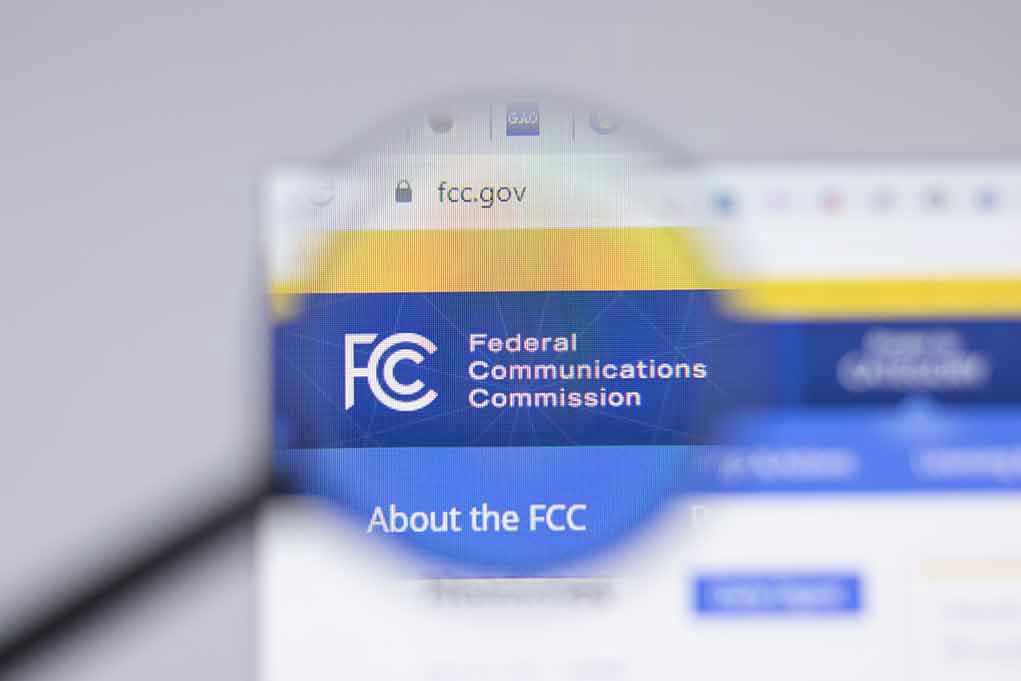
When government regulators threaten media companies over political satire, the very foundation of free speech—and conservative trust in constitutional protections—comes under fire.
Story Snapshot
- FCC Commissioner Brendan Carr, a Trump appointee, warned ABC to discipline Jimmy Kimmel or face regulatory action, raising constitutional concerns.
- Senator Rand Paul, a Republican, publicly criticized Carr’s move as a dangerous government overreach threatening First Amendment rights.
- Legal experts and media organizations from all sides warn the FCC’s threat could set a precedent for censorship and chill political speech across networks.
- Bipartisan backlash exposes deep unease about government power over media and the blurred lines between protecting decency and policing dissent.
FCC Threats Against ABC Over Kimmel Ignite Constitutional Alarm
FCC Commissioner Brendan Carr issued a public warning to ABC, urging the network to discipline late-night host Jimmy Kimmel following a controversial segment aired September 15. Carr, appointed by President Trump, claimed Kimmel’s remarks violated broadcast decency standards and threatened regulatory scrutiny if ABC failed to act. This intervention, rare for its directness and political focus, immediately ignited debate about the proper boundary between government oversight and the constitutional right to free speech.
Senator Rand Paul, a Republican well-known for his libertarian principles, responded publicly on NBC’s “Meet the Press” on September 21. Paul argued Carr’s actions represented an unacceptable government intrusion into media content, regardless of political alignment. He warned that such regulatory threats by an unelected official undermine the First Amendment, setting a dangerous precedent for censorship. Paul’s stance, defending even a liberal media figure like Kimmel, highlighted bipartisan alarm at the risk of eroding core American freedoms.
Legal and Historical Context: FCC Authority and Free Speech
The FCC’s regulatory powers stem from its mandate to enforce broadcast standards, but legal boundaries are sharply drawn by the First Amendment. Historical precedents, such as the Supreme Court’s 1978 Pacifica ruling, allow oversight of indecent but not political content. Carr’s warning to ABC was unusual for targeting political satire, an area courts have fiercely protected. Legal scholars and media law organizations have stated such threats rarely stand up in court, emphasizing that political speech is among the most protected forms of expression under U.S. law.
Past actions by the FCC have focused primarily on egregious indecency, not political criticism or satire. The current case stands out because it involves a government official warning a broadcaster over the content of a comedian’s political commentary—blurring the line between safeguarding standards and suppressing dissent. This has fueled widespread concern among media groups and First Amendment advocates that regulatory overreach could chill political debate, a risk that directly contradicts conservative values of limited government and individual liberty.
Bipartisan Backlash and Industry Response
Reactions to Carr’s warning have cut across traditional partisan lines. While some conservative commentators support a tougher stance on perceived media bias, many—including Senator Paul—view direct government threats as a greater danger. Media organizations such as ABC have vigorously defended their editorial independence, insisting Kimmel’s segment is protected speech. Civil liberties groups warn that allowing regulatory threats over political satire would silence critics across the spectrum, not just those on the left, and could ultimately be used against conservative voices as well.
Industry groups and legal experts urge the FCC to respect the limits of its authority. They argue that any move to punish broadcasters for political content undermines the very principles conservatives have fought to defend, such as constitutional rights and freedom from government overreach. With no formal FCC action announced as of September 22, the situation remains fluid, but the debate has already sparked calls for clearer guidelines that protect both decency and the right to dissent.
Sen. Rand Paul rips FCC chair Brendan Carr over Jimmy Kimmel threat: ‘No business weighing in on this’ https://t.co/JynK4NPFfR pic.twitter.com/Z9IiirLeiU
— NY Post Business (@nypostbiz) September 22, 2025
Looking ahead, this controversy may prompt legislative scrutiny and renewed efforts to clarify the FCC’s role, ensuring it cannot be misused to silence critics or chill debate. In the short term, broadcasters may self-censor out of fear, but the long-term outcome will likely hinge on judicial review and the vigilance of those committed to upholding the Constitution. For conservative Americans wary of government excess, the episode stands as a stark reminder: protecting liberty means defending free speech—even when it comes from the other side.
Sources:
NBC News, “Meet the Press” transcript, September 21, 2025.
FCC official statements, September 17, 2025.
ABC News press release, September 18, 2025.
Columbia Journalism Review, “FCC and the First Amendment,” 2025.
Knight First Amendment Institute, “Broadcast Regulation and Political Speech,” 2025.
New York Times, “FCC Commissioner Warns ABC Over Kimmel Segment,” September 18, 2025.
Washington Post, “Rand Paul Defends Kimmel, Criticizes FCC Threat,” September 22, 2025.




